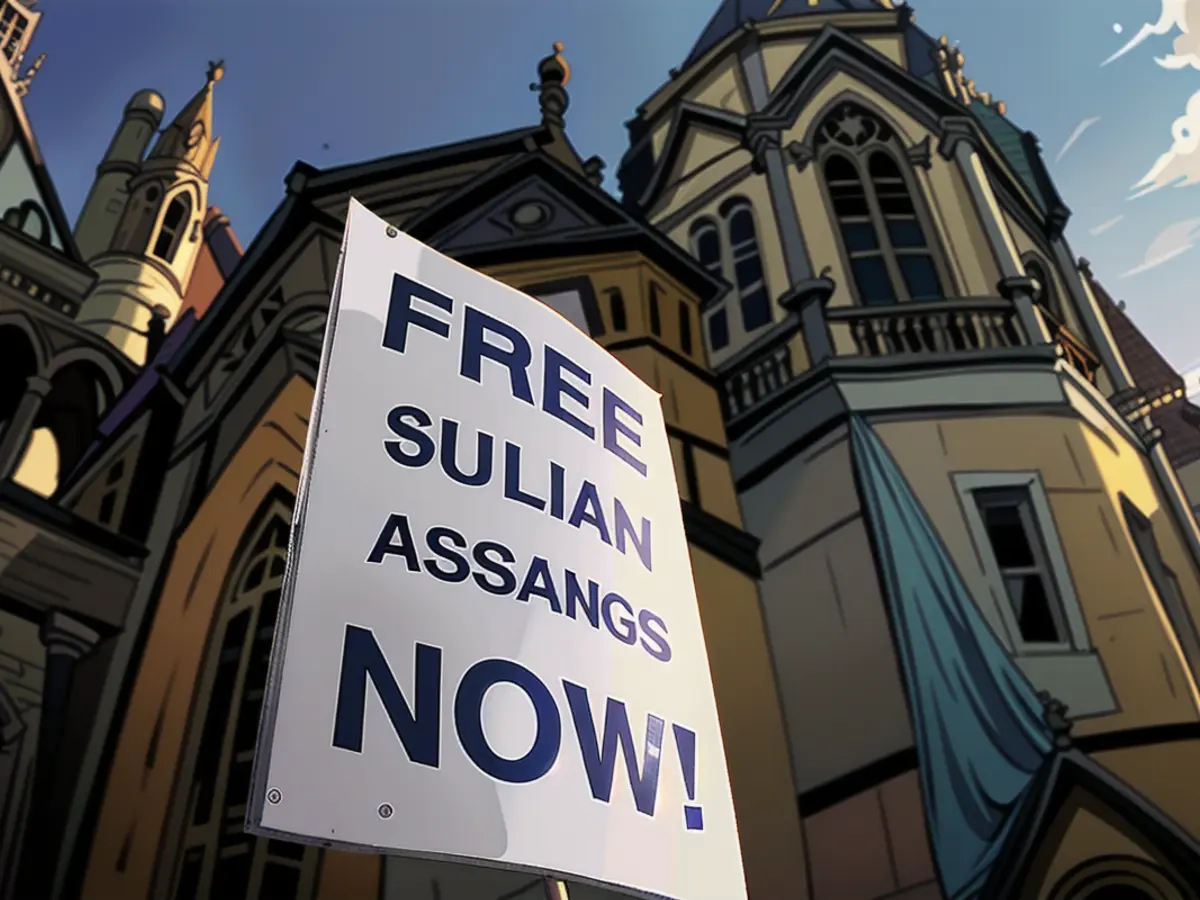Previously dismissed Google employees who objected to a contract with Israel filed a complaint alleging violation of shielded expression.
The workers are accusing Google of taking action against them for engaging in "protected concerted activity". This refers to their participation (or perceived participation) in a peaceful, non-disruptive protest that was directly connected to their work conditions.
The workers are demanding that their jobs be reinstated and they receive back pay. This group, known as No Tech for Apartheid, is made up of Google and Amazon employees who organized the recent protest.
A Google spokesperson issued a statement, claiming that the protests were incredibly disruptive and made other employees feel threatened and unsafe. "Their behavior was completely unacceptable - and widely seen as such," the spokesperson said. "We are confident in our position and stand by the actions we've taken."
Last month, employees staged sit-ins at Google's offices in New York City and Sunnyvale, California. In Sunnyvale, they even entered the office of Google Cloud CEO Thomas Kurian, according to No Tech for Apartheid.
No Tech for Apartheid stated that 50 Google employees were terminated following the protests. The group claimed that some of the workers who were fired were not actively involved in the workplace activism, but were simply bystanders who did not participate in the protest.
A Google spokesperson told CNN last month that the company had completed its investigation into the disruption caused inside the buildings on April 16th. "Our investigation into these events is now concluded, and we have terminated the employment of additional employees who were found to be directly involved in disruptive activity," the spokesperson said at the time.
Affected workers argue that they should not have been fired for protesting Google's business actions.
"We must resist Google's suppression of worker organizing, and demand that Google be held responsible for their reprisals against workers asking for ethical applications of their labor," said Zelda Montes, a former Google software engineer who was fired for participating in the protest.
Benjamin Sachs, Kestnbaum Professor of Labor and Industry at Harvard Law School, weighed in on the situation. "Employees, including Google employees, have the right to protest working conditions through concerted activity. A protest about the kind of work employees are asked to do can be protected in some circumstances...Now, that's not always true, it depends on the facts, and it depends on things like how disruptive the protest is, whether employer property is seized, and the duration of the work stoppage."
The protests from Google employees over the company's cloud-computing deal with Israel's government have gained attention, given the ongoing civilian casualties in Gaza. Within the past six months, the Oct. 7 attack by Hamas militants left approximately 1,200 dead in Israel, and over 34,183 people have been killed in Gaza due to the Israeli counteroffensive. The vast majority of those killed in Gaza have been women and children, according to the Palestinian health ministry.
These tragic events have caused division within the American public, sparking protests over US government and business support for Israel. These protests have taken place on college campuses and across various American workplaces in recent weeks.
Following the protests at Google, CEO Sundar Pichai sent a company-wide memo urging staffers to keep "politics" out of the workplace. Pichai told workers that "this is a business, and not a place to act in a way that disrupts coworkers.'' He also encouraged Googlers not to "fight over disruptive issues or debate politics" in the workplace.

Read also:
- Telefónica targets market launch for hologram telephony
- vzbv: Internet companies continue to cheat despite ban
- Telefónica targets market launch for hologram telephony in 2026
- AI and climate in schools: how to keep lessons up to date
Source: edition.cnn.com








